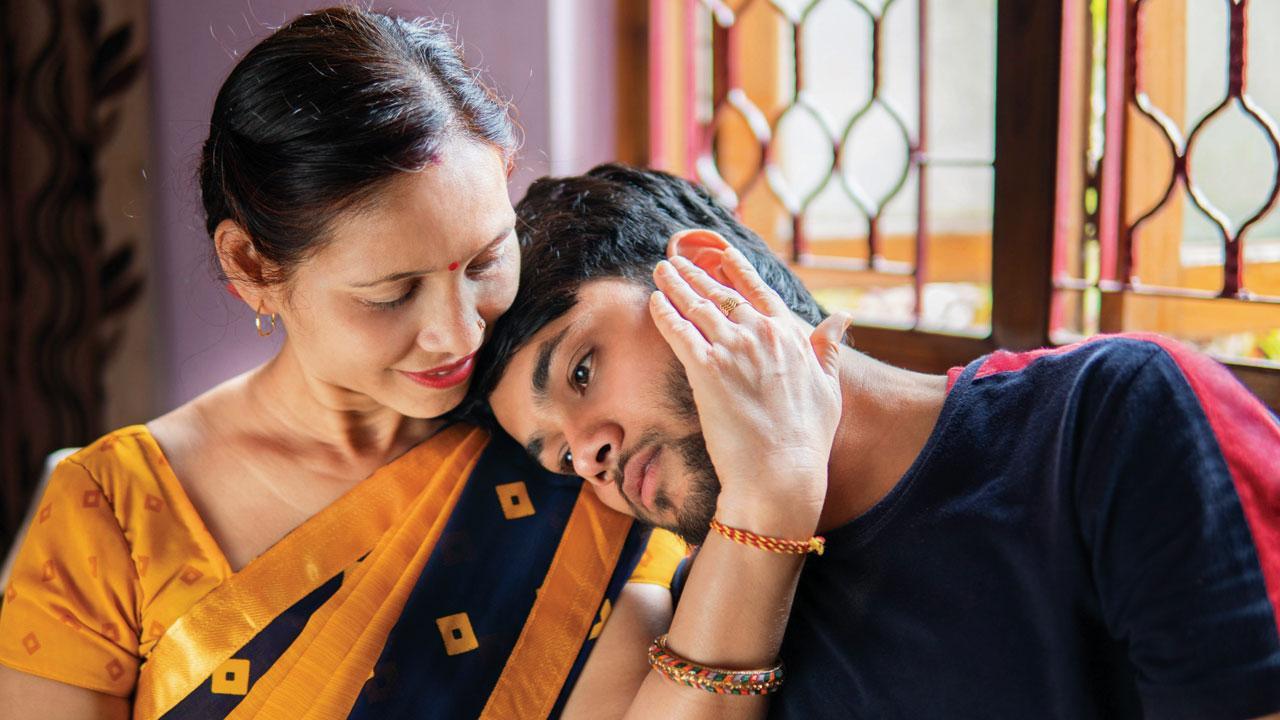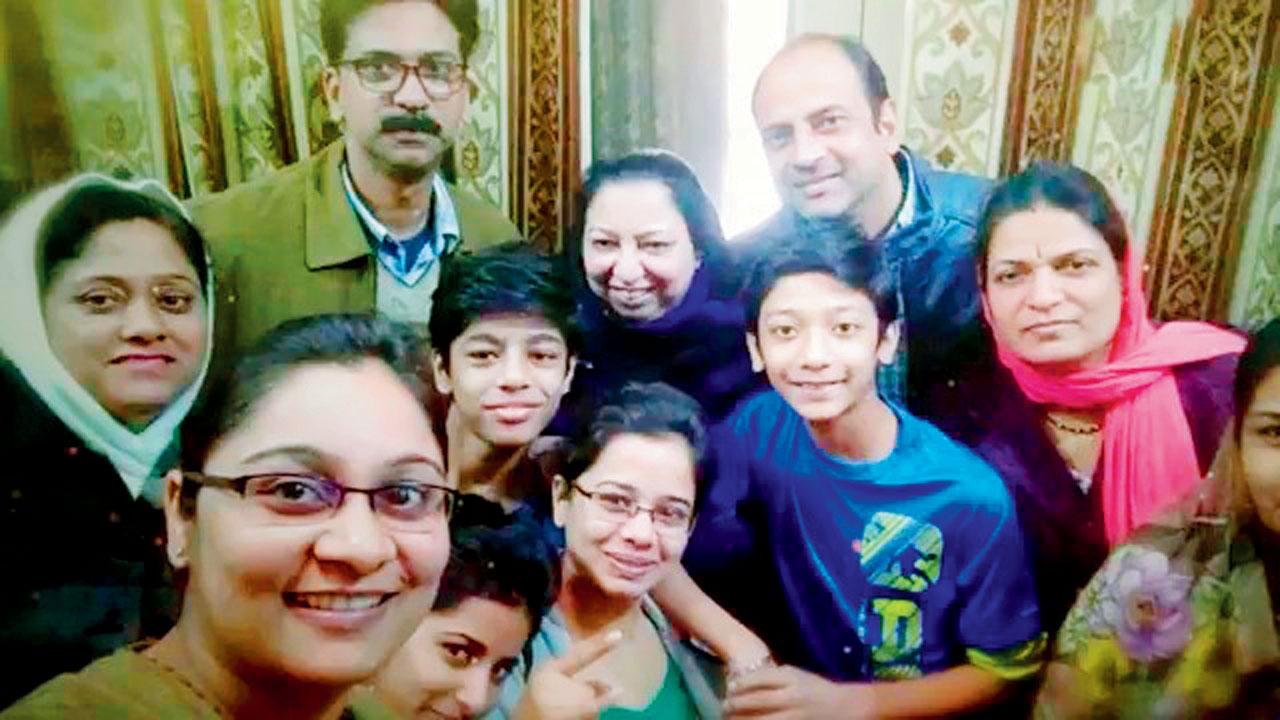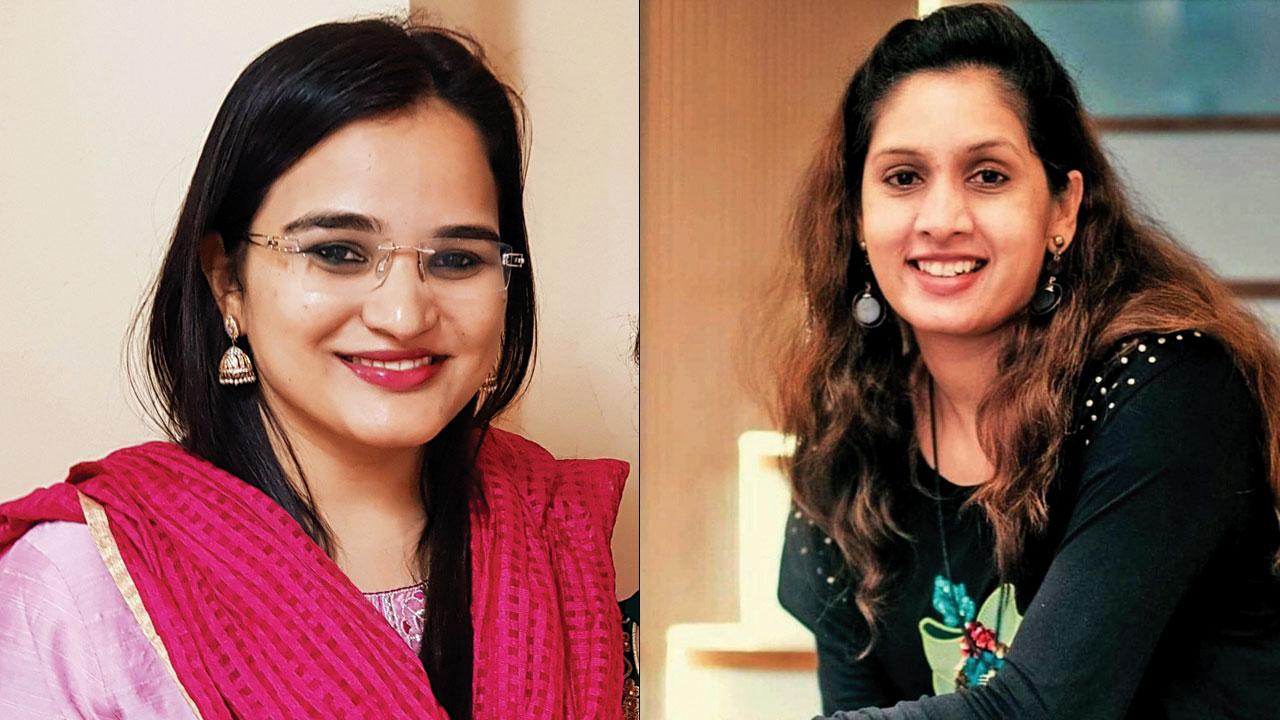A popular web series has highlighted how in the absence of timely diagnosis and treatment, members with mental illness can have serious and often devastating implications on the affected families

The earlier an individual has access to treatment, the smoother the recovery process will be
Netflix’s latest docuseries House of Secrets: The Burari Deaths tells a discomforting tale of the demise of three generations and 11 members of the Delhi-based Bhatia family. In addition to its whodunit narrative style, what has captured the attention of audiences in India was the fact that a relatively normal-seeming, educated and high-functioning family could fall prey to undiagnosed mental illness and dangerous superstitions, with such dangerous outcomes. “In our society, while mental illness has become a talking point of late, when confronted with it, most people respond with denial. There’s always a sense of ‘this can’t be happening to me’. This is because mental illness is associated with a lack of strength. And unlike physical illnesses, where symptoms such as pain are legitimised as requiring
medical attention, mental symptoms such as over-thinking or depression, inflexibility or irrational fears are often considered personality traits that the rest of the family must learn to live around. There’s a marked resistance to accepting that these are symptoms of mental illness and the idea that the illness can be treated,” explains Dr Nahid Dave, a psychiatrist at Thought Matters.
ADVERTISEMENT

A still from the Netflix docuseries. Pic/Instagram
Understanding mental illness
Mental illnesses are classified into two broad groups — the first are neurotic disorders such as depression or anxiety, where patients admit that they are unwell and express a desire to get better. The second group comprises psychotic disorders, such as schizophrenia, where the individual lives in an alternate universe and has seemingly lost touch with reality. “What makes psychotic disorders harder to address is that in many cases, their functioning could be relatively unaffected — they can go to school or work, for instance. Unfortunately, the severity of mental illnesses is often gauged on the basis of impairment. There’s a sense of reluctance to seek treatment, on the part of the family, because the individual is living an otherwise normal-seeming life. It’s important to realise that, unlike fictional depictions, you don’t have to be ‘crazy’ and violent to be a psychiatric patient,” Dr Dave explains. More often than not, people seek psychiatric help only after they’ve had a breakdown, she adds — in cases of OCD, this can be after their hands have peeled, or for an individual with anxiety, when (s)he has suffered a debilitating panic attack. The earlier an individual has access to treatment, the smoother the recovery process will be, she points out.

Dr Nahid Dave and Palkan Dave
“Last October, I was tested positive for Covid-19. Although I was largely asymptomatic and made a quick recovery, I found myself extremely anxious and fearful about there being no guarantees in life. My neighbour, who was about 35 years old, had recently died — she was an athlete and in great physical shape. My doctor suggested some anti-anxiety medication but, when that didn’t help, I was asked to seek treatment from a mental health professional,” shares Palkan Nagori Dave, 41. As a professional badminton player, Dave had always prided herself on her mental strength and she couldn’t accept the possibility of a mental illness. “In fact, it made me panic, because without realising it, I had been harbouring a certain stigma against mental illness. Further, the fact that Indian households never discuss mental health at home makes this harder to come to terms with. Fortunately, my partner and friends were supportive and convinced me to seek the help I needed,” she adds.
Living with mental illness
Cases of psychotic illness in family members are especially difficult, as the individual truly believes that his/her hallucinations or irrational thoughts are real. “Psychiatric treatment, for psychosis, cannot be administered without the individual’s consent. In such cases, the family is advised to address the illness with a sense of empathy instead of trying to correct them. Empathise with the stress and anxiety they’re going through, the way they are experiencing it, and encourage them to seek help for it. In many cases, people with psychotic illnesses somatise their symptoms, and complain more of physical than mental afflictions, such as a stomach or a headache. On further probing, a doctor can tell that this is rooted in psychiatric causes. The family can use this to convince them to seek help,” Dr Dave explains.

Dr Maria Vasudevan
At the same time, it’s important to focus on self-preservation, especially if the afflicted individual is an authoritative member of the family. “We often find that the other members of the family start falling ill as well, with depression or adjustment issues. There’s a lingering feeling of helplessness as you cannot improve the state of either yourself or the afflicted family member. Caregiving is a thankless task as you keep giving, and receive nothing in return. We’ve often seen caregivers becoming aggressive and then experiencing guilt because they were violent with a mentally ill family member,” she says.
Letting go
“My older sister was diagnosed with vascular dementia at the age of 68. At the time, she lived alone and was becoming increasingly cantankerous, abusive, and even violent. While we were keen for her to live with us at first, it became very difficult to manage her and my other professional and personal obligations. She had no idea of her surroundings, would walk around the house undressed and even defecate in our living room. We eventually realised that it was in her best interest, and ours, for her to live in a specialised home. To this day, it breaks my heart to see her in her current state. I cannot stop thinking about what I could have done differently and there is always a sense of guilt about sending her away, although I know I mustn’t think this way,” says Dr Maria Pauline Vasudevan, a therapist.
In India, especially, there’s a sense of guilt (personal and societal) associated with institutionalising an individual. “Institutionalising your family member doesn’t mean that you are punishing or giving up on them. On the contrary, you are creating a safer space for yourself, your family, and the afflicted family member. Research care homes or hospitals, check them out yourself and visit your family member often,” Dr Dave suggests. Isolating the patient at home, which is a route, often taken in Indian households, can make a bad situation worse. What most people don’t realise is that psychosis is, to a great extent, treatable. By isolating the person, you are giving him/her the time and space to elaborate on the delusion and start living in it. This, she adds, is akin to punishing them as the illness will invariably worsen. In institutions, when the patient starts getting better, there is a stronger likelihood of them becoming integrated into a new normal.
 Subscribe today by clicking the link and stay updated with the latest news!" Click here!
Subscribe today by clicking the link and stay updated with the latest news!" Click here!







